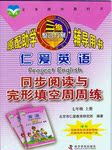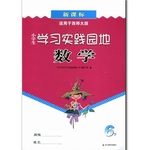题目内容
Be gentle with her! ________, she is no more than a five?year?old child.
A.After all B.Not at all
C.In all D.All in all
A

练习册系列答案
 仁爱英语同步练习册系列答案
仁爱英语同步练习册系列答案 学习实践园地系列答案
学习实践园地系列答案
相关题目
题目内容
Be gentle with her! ________, she is no more than a five?year?old child.
A.After all B.Not at all
C.In all D.All in all
A

 仁爱英语同步练习册系列答案
仁爱英语同步练习册系列答案 学习实践园地系列答案
学习实践园地系列答案